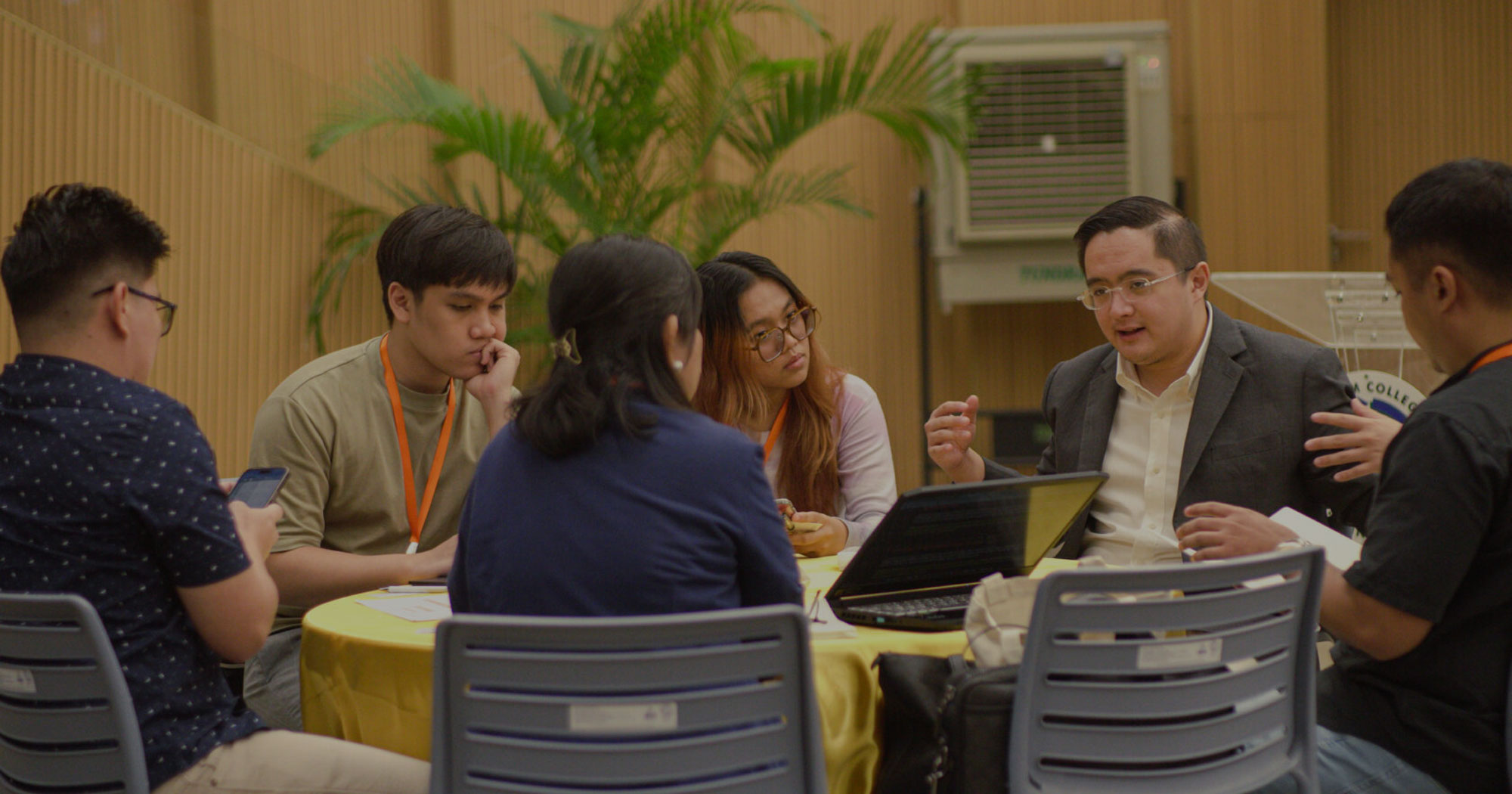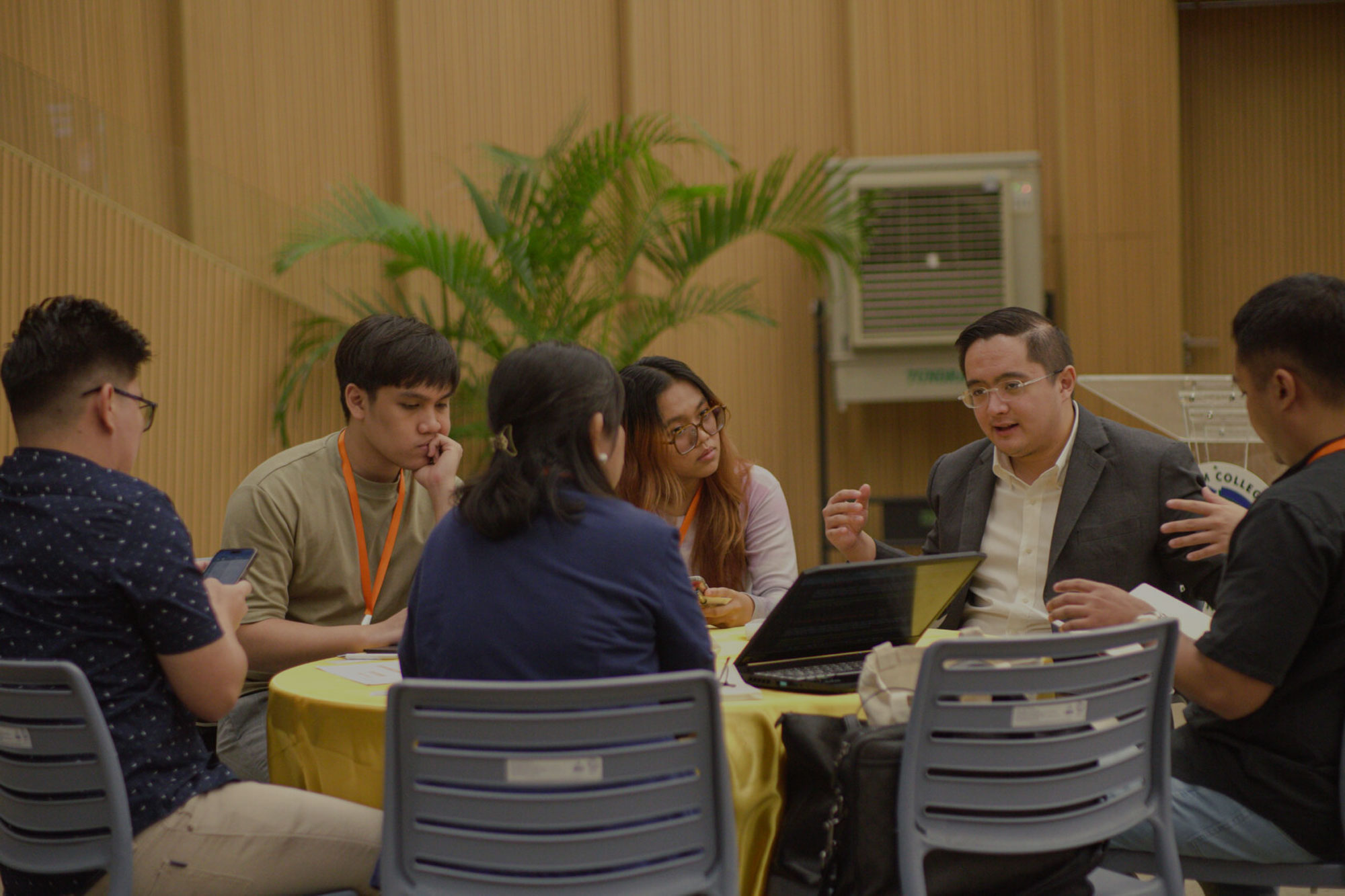Special recognition awards
(*Equivalent to Php 2,000.00 per award)
- Best Pitcher Award: Recognizing the participant or team with the most captivating and impactful presentation.
- Innovative Male and Female Hacker Award: Celebrating the top male and female participants for creativity, technical excellence, and impact in addressing energy challenges.
- Efficiency Champion Award: Awarded for the most innovative solution to enhance energy efficiency in commercial buildings, manufacturing, or households.
- Sustainable Transport Innovator Award: Given to the participant with the most forward-thinking solution for electrification, EV infrastructure, or shared mobility.
- Renewable Energy Trailblazer Award: Recognizing the most impactful solution for advancing renewable energy adoption, including energy access, variability management, or financing.
Consolation prizes of Php 1,000.00 per team will also be awarded.




